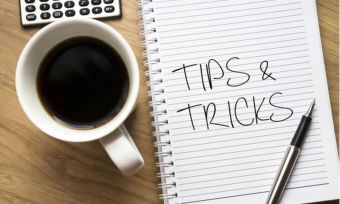This content was reviewed by Finance Editor Jessica Pridmore as part of our fact-checking process.
You’re enquiring about:
Current Rate
Comparison Rate*

An Aussie mortgage broker can help you with this home loan product as well as many other home loans from leading lenders. Fill in the form below. Let Aussie help find the right home loan for you.

Your enquiry has been sent to Aussie Home Loans.
An Aussie mortgage broker will contact you shortly.
Stay in the loop with Canstar's Home Loan updates
You may unsubscribe or opt out at any time.





Share this article